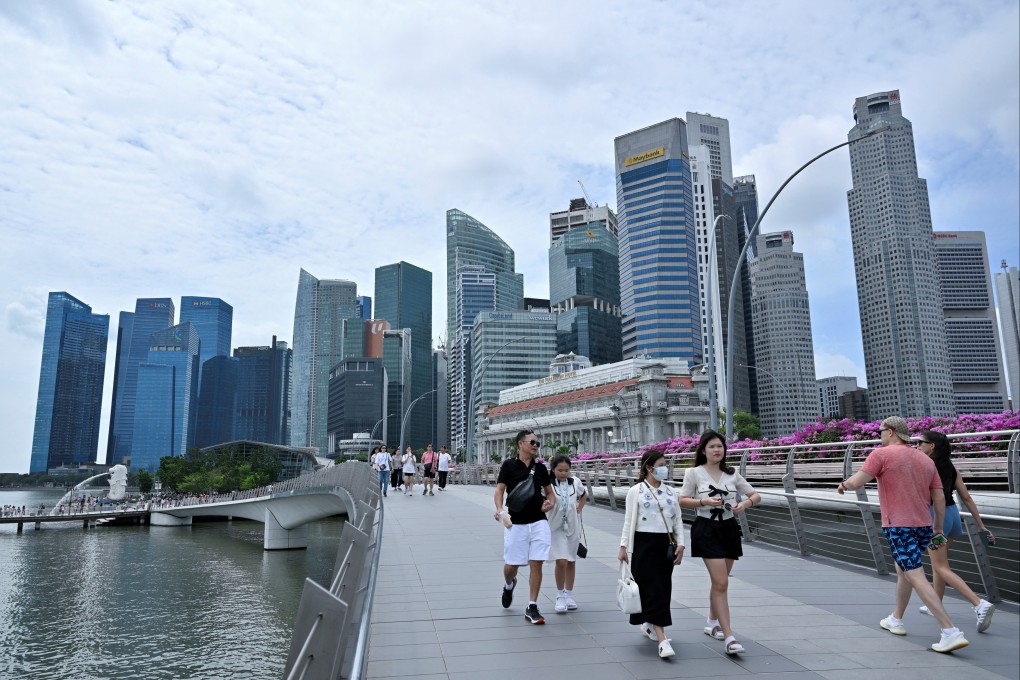Proptech fundraising accelerates in Asia-Pacific region on rising demand for decarbonisation in real estate industry
- Venture capital funds, such as Fifth Wall, Undivided Ventures and JLL Spark, are betting on the growth of property technology in the Asia-Pacific region
- Investors expect Asian countries to follow their US and European peers in cutting carbon emissions in the real estate industry

Venture capital firms are speeding up fundraising in property technology in the Asia-Pacific region, as rising demand for climate-friendly upgrades to buildings fuels the fast-growing segment across the globe.
Los Angeles-based Fifth Wall is raising an Asia-Pacific proptech fund to be managed by a new regional team established in Singapore in January. Hong Kong-based Undivided Ventures is seeking to close a US$50 million fund by the end of this year, with a hard cap of US$100 million.
The global proptech market is expected to grow at a compound annual rate of 16.8 per cent from 2022 to 2032 to US$86.5 billion, according to consultancy and research firm Future Market Insights. As such, investments from venture capital funds are providing much needed capital for the start-ups that are expected to innovate the real estate industry and facilitate global efforts in reining in carbon emission, the firm said.

“Real estate owners need technology more than ever. Over a long time horizon, we believe proptech growth is inevitable,” said Brendan Wallace, co-founder and managing partner at Fifth Wall. “Decarbonisation technology is probably the single biggest opportunity to technologised the real estate industry.”
Proptech, which optimises how people research, rent, buy, sell and manage properties, can involve anything from artificial intelligence, Internet of Things and data analytics to robotics and financial modelling software, such as apps for adjusting office temperatures or cleaning robots that climb building facades.
“When you’re focused on the built environment, which is responsible for arguably up to 40 per cent of all greenhouse gas emissions worldwide, but gets not a huge amount of capital invested into proptech solutions in climate and sustainability, then there’s a huge, huge potential,” said Alexander Bent, co-founder and managing partner at Undivided Ventures.
Real estate contributes to around 40 per cent of the global carbon emissions, driven mainly by building operations and construction, according to the United Nations Environment Programme.